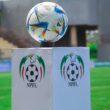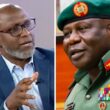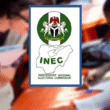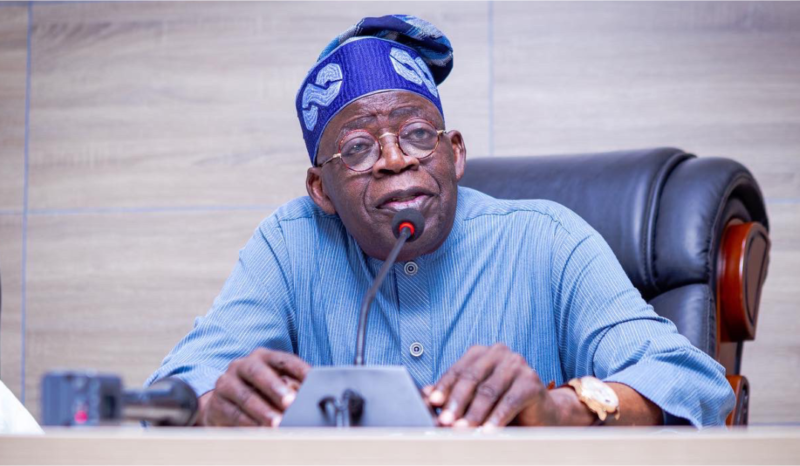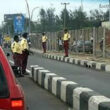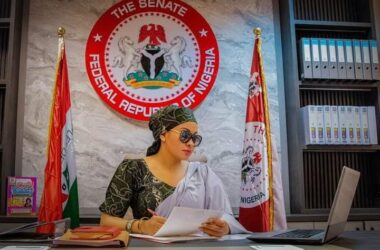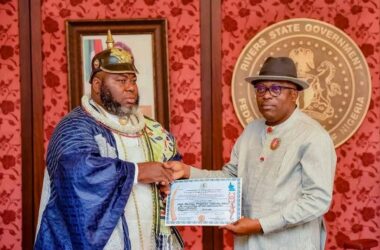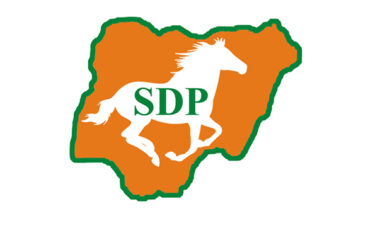The Federal Government has finished reviewing those nominated to represent Nigeria in its 109 diplomatic missions around the world, including 76 embassies, 22 high commissions, and 11 consulates.
According to several officials familiar with the matter, security checks and background investigations by the Department of State Services (DSS) have been fully completed.
Despite this, President Bola Tinubu has not yet forwarded the full list of ambassadorial nominees to the National Assembly for consideration.
President Tinubu left Abuja for Paris, France, on April 2 for a two-week working visit. During his stay, he is expected to review the performance of his administration and prepare for the second anniversary of his government.
His Special Adviser on Information and Strategy, Bayo Onanuga, said the president is also using the time to look at the progress of ongoing reforms and make strategic plans.
Presidency sources revealed that while the DSS checks are complete, the list of nominees is still under the president’s final review. “They have finished the DSS checks.
That part is done. In fact, we were expecting the names to be out by yesterday or earlier than that. But so far, it looks like he still needs a little more time,” one official disclosed.
Another added, “The names were supposed to be out earlier than yesterday. We’re not sure where the delay is coming from.”
Since September 2023, Nigeria has not had ambassadors in place after over 83 diplomats were recalled following a policy overhaul. That shift was driven by the president’s 4Ds foreign policy—Democracy, Development, Demography, and Diaspora.
Last December, there were indications that the president spent part of the holidays reviewing nominations with plans to send the list to lawmakers. But those plans were later put on hold, reportedly due to financial constraints.
One government source explained, “You see, the major issue is money… The main money is CAPEX. By the time they put the cost together to fix the issues, it is running to almost $1bn.”
Foreign Affairs Minister Yusuf Tuggar had also previously pointed to lack of funds as the reason behind the delay.
At a briefing in May, he said it made no sense to appoint ambassadors if there was no money to support their travel and the running of missions abroad. “We met a situation where Foreign Affairs was not being funded like it should be… Mr President is working on it, and it will be done in due course,” he said.
Once nominated, the Senate’s Committee on Foreign Affairs conducts a screening to assess the candidates’ experience and readiness to represent Nigeria abroad. After the full Senate votes, the confirmed ambassadors receive orientation before heading out.
They are then officially appointed with Letters of Credence from the president, which they present to the leaders of their assigned countries.
There are reports that some last-minute adjustments to the list are contributing to the delay. “What I learned is that there are some last-minute changes to be made because once you release names like these, it becomes embarrassing for the government to start changing and apologising,” a presidency insider told our reporter.
One top foreign affairs official added that the president may be hesitant to proceed quickly because of the high cost. “He feels the money could be used for more pressing issues at home, such as domestic reforms.”
Despite international pressure and interest from diaspora groups, the government appears to be taking a cautious approach.
According to Bayo Onanuga, “The ambassadorial list has two components. There are career ambassadors and political ambassadors. The foreign affairs and consolidated list will still go through certain processes before it is released.”


